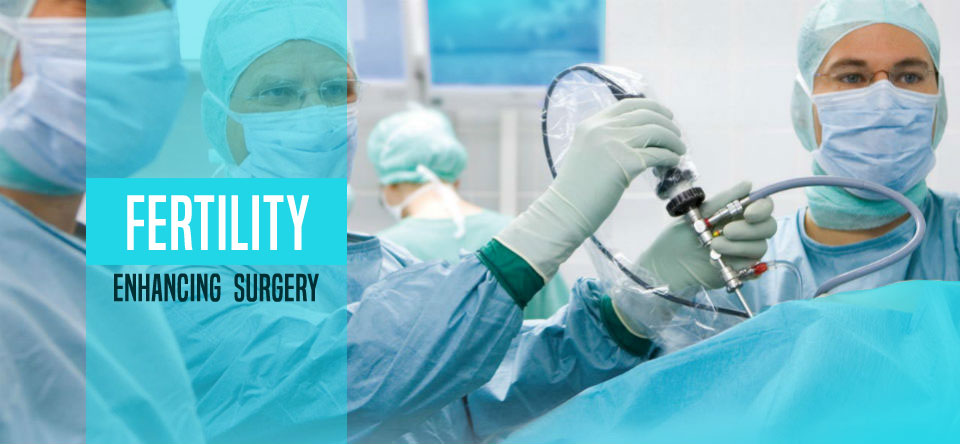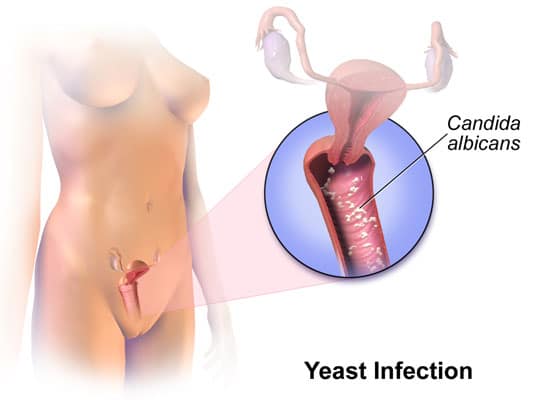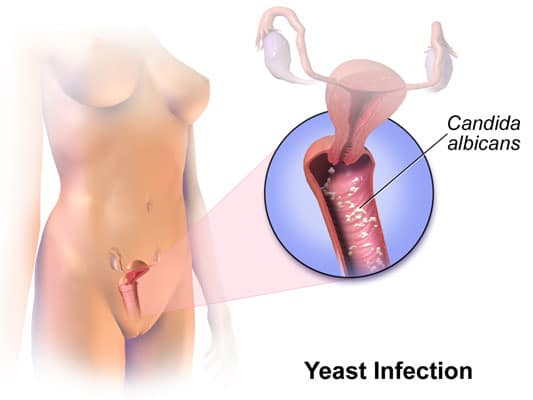Fertility-enhancing surgery is often recommended to address specific anatomical abnormalities or conditions that can affect a person’s fertility. Here are some common reasons for fertility-enhancing surgery:
- Uterine Fibroids (Myomectomy): Uterine fibroids are noncancerous growths in the uterus that can interfere with fertility. Myomectomy is the surgical removal of these fibroids to improve fertility. Large or multiple fibroids can obstruct the fallopian tubes or interfere with implantation.
- Tubal Surgery: Blockages or damage to the fallopian tubes can prevent the egg from meeting the sperm or the fertilized egg from reaching the uterus. Tubal surgery, such as tuboplasty or salpingostomy, can open or repair blocked or damaged tubes.
- Endometriosis: Endometriosis is a condition where tissue similar to the uterine lining grows outside the uterus. Surgical intervention, often through laparoscopy, can remove endometrial implants and adhesions that may be affecting fertility.
- Ovarian Cysts: Large ovarian cysts can interfere with normal ovulation and fertility. Surgery may be necessary to remove these cysts, although less invasive techniques are often preferred when possible.
- Uterine Abnormalities: Certain congenital uterine abnormalities, such as a septate or bicornuate uterus, can make it difficult for an embryo to implant or for a pregnancy to progress. Surgical correction can improve fertility outcomes.
- Asherman’s Syndrome: Asherman’s syndrome occurs when scar tissue (adhesions) forms within the uterus, often due to previous uterine surgery or infections. Surgical removal of the adhesions can restore normal uterine function and improve fertility.
- Polycystic Ovary Syndrome (PCOS): In some cases, surgical procedures like ovarian drilling (laparoscopic ovarian diathermy) or cystectomy may be considered to manage PCOS and improve ovulation.
- Hydrosalpinx: A hydrosalpinx is a fallopian tube blocked with fluid. Surgical removal or ligation of the affected tube may be necessary to prevent the fluid from interfering with embryo implantation or IVF success.
- Varicocele Repair: In men, the presence of varicoceles (enlarged veins in the scrotum) can affect sperm production and quality. Varicocele repair surgery may improve sperm parameters and fertility.
- Pelvic Adhesions: Adhesions or scar tissue in the pelvic cavity, often due to previous surgeries, infections, or inflammation, can disrupt the normal function of reproductive organs. Surgery may be performed to remove adhesions and restore pelvic anatomy.
- Reversal of Tubal Ligation or Vasectomy: In cases where individuals or couples have previously undergone sterilization procedures (tubal ligation in women or vasectomy in men) and wish to regain fertility, reversal surgeries can be considered.
It’s important to note that the specific surgical procedure recommended will depend on the underlying cause of fertility issues, the individual’s medical history, and other factors. The decision to undergo fertility-enhancing surgery should be made in consultation with a reproductive specialist or fertility doctor who can conduct a thorough evaluation and provide personalized treatment recommendations based on the patient’s unique circumstances.
Consult a gynecologist Dr. Arohi Tasgaonkar for personalized advice and guidance at Gynecologist in Ghodbunder Road Thane at Complete Women’s Care




